Filter by
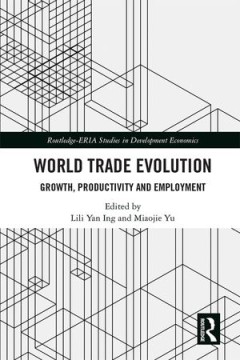
World Trade Evolution : Growth, Productivity and Employment
The book provides theoretical and empirical evidence on how world trade evolves, how trade affects resource allocation, how trade competition affects productivity, how China shock affects world trade and how trade affects large and small countries. It is a useful reference which focuses on new approaches to international trade by looking into country-specific as well as firm-product level-speci…
- Edition
- -
- ISBN/ISSN
- 9781351061537
- Collation
- -
- Series Title
- -
- Call Number
- 650
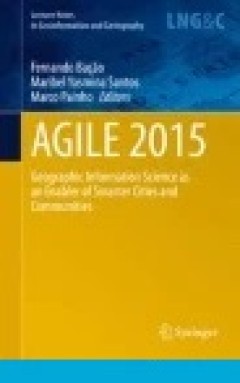
AGILE 2015: Geographic Information Science as an Enabler of Smarter Cities an…
This is a book is a collection of articles that will be submitted as full papers to the AGILE annual international conference. These papers go through a rigorous review process and report original and unpublished fundamental scientific research. Those published cover significant research in the domain of geographic information science systems. This year the focus is on geographic information sc…
- Edition
- Ed. 1
- ISBN/ISSN
- 978-3-319-16787-9
- Collation
- XIII, 362
- Series Title
- Lecture Notes in Geoinformation and Cartography
- Call Number
- 621.39 AGI a
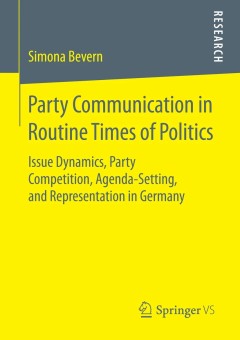
Party Communication in Routine Times of Politics : Issue Dynamics, Party Comp…
Simona Bevern addresses the questions what and why political parties communicate in the time between elections, focusing on the dynamic rise and fall of policy issues. Despite the central role of political parties and the alleged importance of communication, only few scholars have taken a closer look at the content and dynamics of parties’ communication in routine times of politics. In this s…
- Edition
- -
- ISBN/ISSN
- 978-3-658-09205-4
- Collation
- XXI, 233 halaman
- Series Title
- -
- Call Number
- 324.2 BEV p
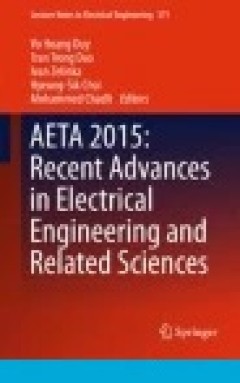
AETA 2015: Recent Advances in Electrical Engineering and Related Sciences
This proceeding book consists of 10 topical areas of selected papers like: telecommunication, power systems, robotics, control system, renewable energy, power electronics, computer science and more. All selected papers represent interesting ideas and state of the art overview. Readers will find interesting papers of those areas about design and implement of dynamic positioning control system fo…
- Edition
- Ed. 1
- ISBN/ISSN
- 978-3-319-27247-4
- Collation
- XIV, 917
- Series Title
- Lecture Notes in Electrical Engineering
- Call Number
- 621.381 AET a
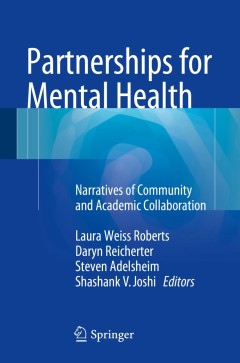
Partnerships for Mental Health : Narratives of Community and Academic Collabo…
This unique title richly tells the stories of partnership and collaboration. The narrative voice of each chapter derives from the people who tell their story -- immigrants, survivors of torture, mental health experts, urban people, rural people, teachers, doctors, attorneys, students and international leaders. These authors provide emotionally powerful tales that move, affect and encourage read…
- Edition
- -
- ISBN/ISSN
- 978-3-319-18884-3
- Collation
- XXVIII, 210
- Series Title
- -
- Call Number
- 362.2 PAR
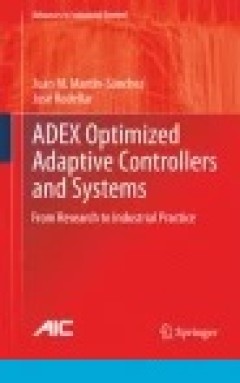
ADEX Optimized Adaptive Controllers and Systems: From Research to Industrial …
This book is a simple and didactic account of the developments and practical applications of predictive, adaptive predictive, and optimized adaptive control from a perspective of stability, including the latest methodology of adaptive predictive expert (ADEX) control. ADEX Optimized Adaptive Control Systems is divided into six parts, with exercises and real-time simulations provided for the re…
- Edition
- Ed. 1
- ISBN/ISSN
- 978-3-319-09794-7
- Collation
- XXXI, 447
- Series Title
- Advances in Industrial Control
- Call Number
- 629.892 MAR a
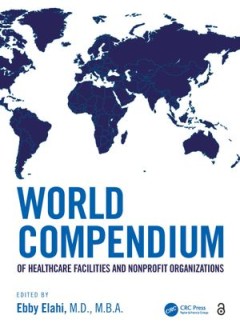
World Compendium of Healthcare Facilities and Nonprofit Organizations
World Compendium of Healthcare Facilities and Nonprofit Organizations is the most comprehensive index of critical information on healthcare facilities and nonprofits in 72 low and lower-middle-income countries as classified by the World Bank. Presented in an easily accessible format and organized in 72 country chapters, the compendium allows stakeholders to better identify where healthcare serv…
- Edition
- -
- ISBN/ISSN
- -
- Collation
- -
- Series Title
- -
- Call Number
- 650
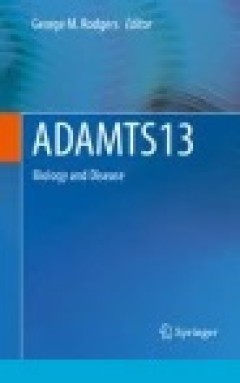
ADAMTS13: Biology and Disease
This comprehensive volume discusses the protease ADAMTS13, summarizing the current status of basic and clinical research. The nine authoritative chapters begin with a historical perspective followed by exploration of the biochemistry and structure-function relationships of ADAMTS13 as well as its normal function in hemostasis (cleavage of von Willebrand factor). Emerging research themes for ADA…
- Edition
- Ed. 1
- ISBN/ISSN
- 978-3-319-08717-7
- Collation
- X, 186
- Series Title
- -
- Call Number
- 574.192 ADA a
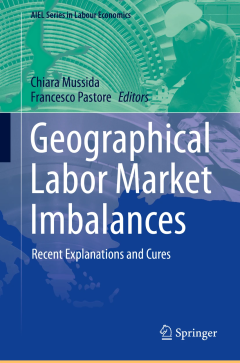
Geographies of Knowledge and Power
Interest in relations between knowledge, power, and space has a long tradition in a range of disciplines, but it was reinvigorated in the last two decades through critical engagement with Foucault and Gramsci. This volume focuses on relations between knowledge and power. It shows why space is fundamental in any exercise of power and explains which roles various types of knowledge play in the ac…
- Edition
- -
- ISBN/ISSN
- 978-94-017-9959-1
- Collation
- X, 347
- Series Title
- -
- Call Number
- 300 GEO
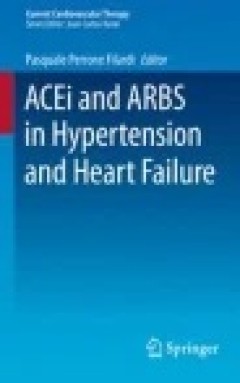
ACEi and ARBS in Hypertension and Heart Failure
The renin angiotensin system is implicated in the progression of atherosclerotic disease as well as of left ventricular dysfunction. Angiotensin converting enzyme inhibitors and AT1 receptor antagonists have been proven to reduce morbidity and mortality in patients with left ventricular dysfunction or in those at high cardiovascular risk with preserved ventricular function. This book is intende…
- Edition
- Ed. 1
- ISBN/ISSN
- 978-3-319-09788-6
- Collation
- X, 150
- Series Title
- Current Cardiovascular Therapy
- Call Number
- 616.12 ACE a
 Computer Science, Information & General Works
Computer Science, Information & General Works  Philosophy & Psychology
Philosophy & Psychology  Religion
Religion  Social Sciences
Social Sciences  Language
Language  Pure Science
Pure Science  Applied Sciences
Applied Sciences  Art & Recreation
Art & Recreation  Literature
Literature  History & Geography
History & Geography